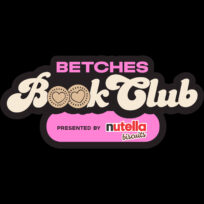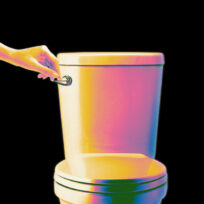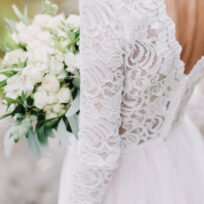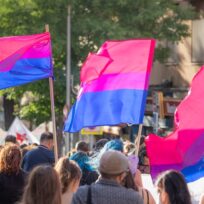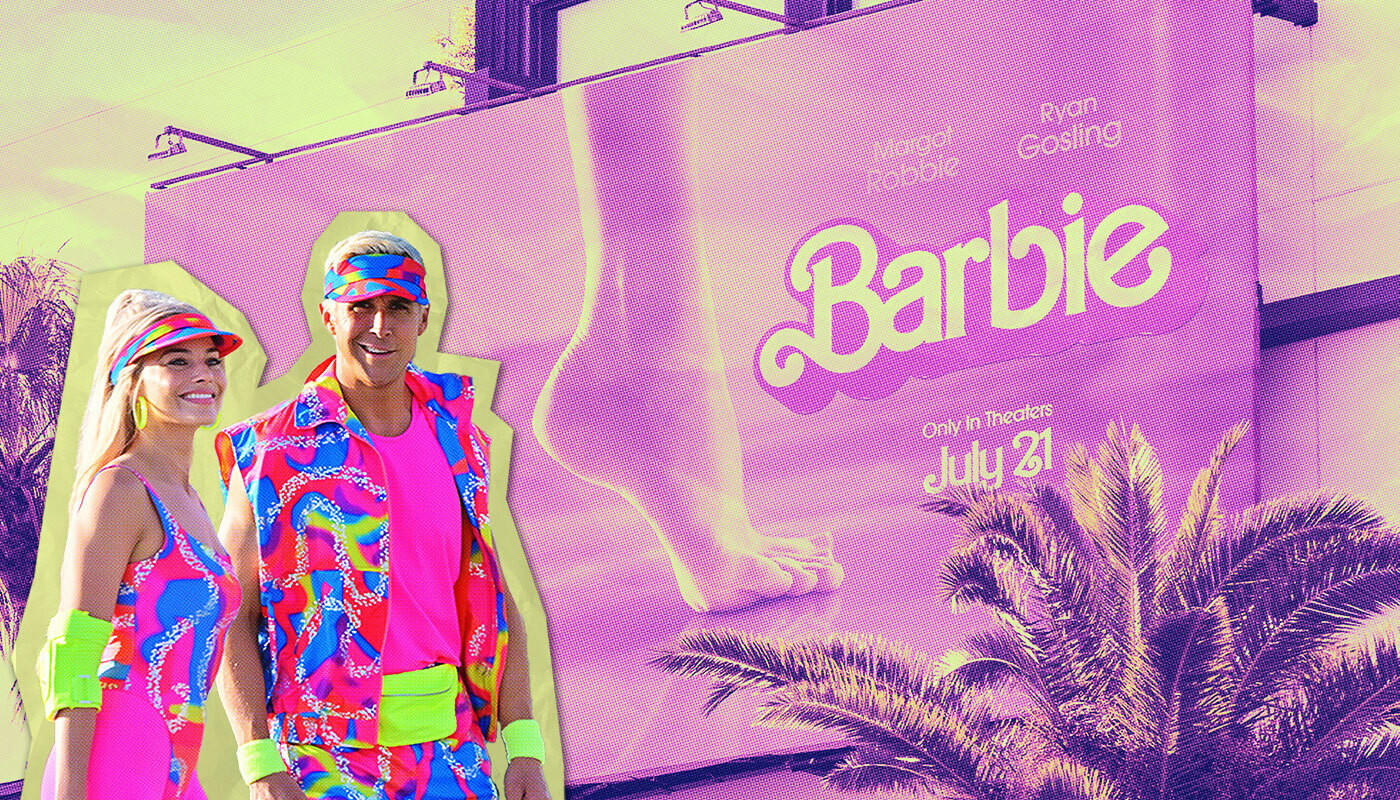After two record-breaking weeks atop the summer box office, a raft of rave reviews, and more memes than one could (or should) imagine, ‘Barbie’ is an undisputed blockbuster hit. Women in particular have flocked to theaters to watch the live-action story of the iconic doll, co-written and directed by the Oscar-nominated Greta Gerwig and starring the picture-perfect Margot Robbie in the lead role. But modern discourse lives by a rule of physics: for every action, there is an equal and opposite reaction. So it’s no surprise that with all of the love, support, and success the movie has received since its release, a backlash is brewing—and not where you’d think.
Conservatives, of course, have been wailing and gnashing since before the movie came out, perpetually crying about their culture war. The movie is too political, hates men, and is recruiting the young child that you somehow brought to a PG-13 movie to the gay agenda. Or whatever. There’s always a lot of noise and fury from that corner of the internet anyway. No, the backlash to the rule of ‘Barbie’ is coming from inside the feminist house.
Being a Black feminist, I cannot say that I am surprised. As a film, ‘Barbie’ introduces a lot of basic feminist concepts in the pretty pink packaging of capitalist consumerism and through the lens of its blonde-haired, blue-eyed idealized beauty. It misses the complexity of women’s experiences outside of this context, narrows the more fraught elements of womanhood to street harassment, anxiety, and implied violence, and leaves race and ethnicity entirely outside of its purview. The movie never chastises or even hints at the abuses and exploitation of women by its parent company, Mattel, leaving all jokes to surface level lampooning of its obvious lack of gender diversity in roles of power. This is a story that has feminism in it; it’s not a feminist story.
And that’s ok.
I loved Barbie growing up, and even made a bunch of snarky jokes about it as a teenager (I may have been ahead of memes by compiling a list of “Barbies Mattel Would Never Make” in my freshman year of high school). Barbie has simultaneously been a feminist icon and a target of feminist ire, for somehow managing to completely upend traditional notions of womanhood while reinforcing other gendered stereotypes with an iron grip. At her best, Barbie is liberatory: a woman who has her own career, money, and ambition, and partners up entirely at her own whim, with no children to watch over. At her worst, the doll is a vehicle for shallow consumerism, harmful white-dominated beauty standards, and one of the most deeply dysmorphic representations of a human body ever created. Because Barbie represents both feminism and patriarchy, so does the movie that attempts to unpack the dissonance of the doll.
The point isn’t that feminists shouldn’t critique the film; I have and I will. But it’s not fair or realistic to expect a doll with such a complex and muddy history to carry the weight of relating to every woman’s story. Nor is it reasonable for the women who resonated deeply with the film to declare it feminist, any more than the doll itself is. Yet there’s a big dose of irony that a movie with a monologue that directly addresses the permanent state of incomplete perfection that women are forced to live under is now getting eviscerated in the discourse for not being everything to everyone in the right way.
For a fun story, a biting satire, a brilliant comedy, a summer blockbuster, ‘Barbie’ does everything I could ask it to. It is a silly, bright, artful romp through the childish id of girlhood, with a dream house to die for, friendship as literal magic, and the sad but heartening recognition that we all have to grow up sometime. And if the movie manages to successfully hammer home that patriarchy hurts everyone—an idea that is basically the gateway to more complex, more supportive, more intersectional feminism—then that is enough. ‘Barbie’ doesn’t have to be perfect to be good.

